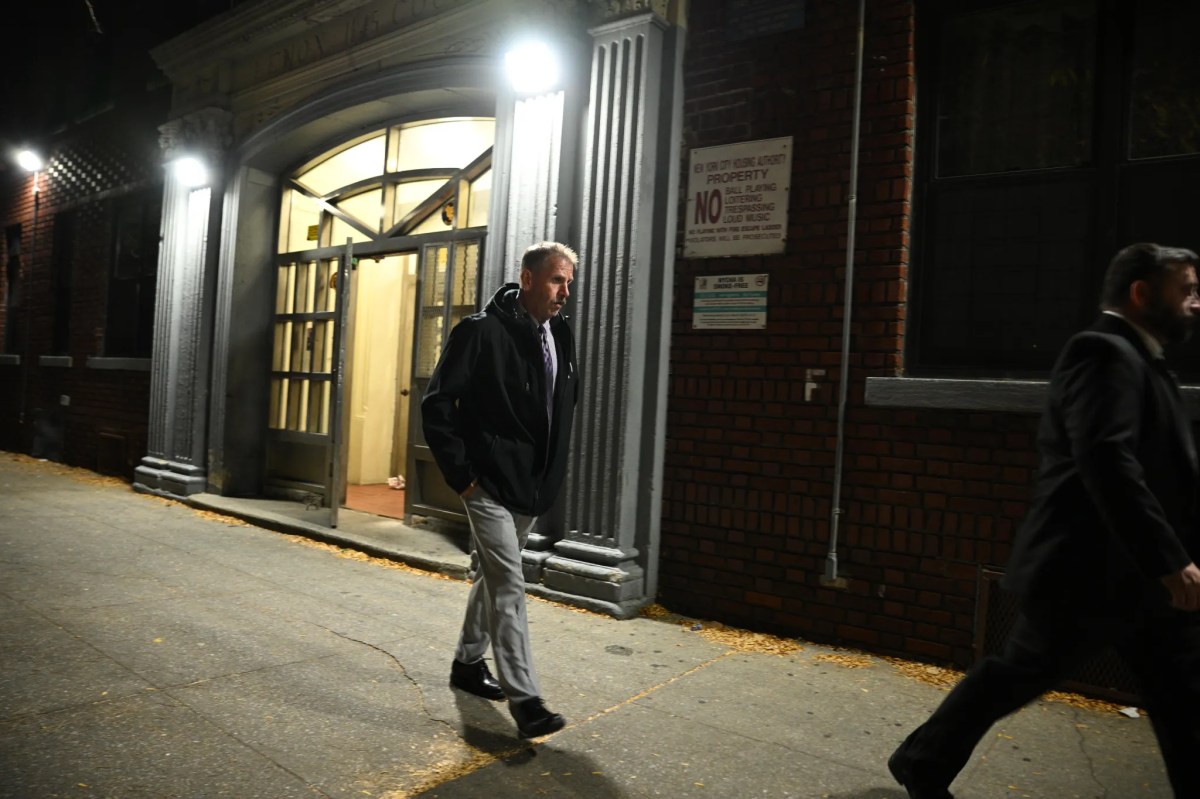OTTAWA (Reuters) – Canada lost more jobs than expected in December, Statistics Canada data showed on Friday, with economists and industry groups warning protracted COVID-19 restrictions across much of the country are darkening the outlook into the first quarter.
Canada lost 62,600 jobs in December, more than double analysts’ expectations of a decline of 27,500, while the unemployment rate edged up to 8.6%, in line with expectations. Employment remains 3.3% below pre-pandemic levels.
Canada’s new COVID-19 cases, meanwhile, now average 7,688 per day, forcing a number of regions across the country to impose harsher restrictions that experts say will further hit employment.
“As cases continue to reach record highs, the prospect of protracted lockdowns loom large over the first quarter,” said Leah Nord, senior director of workforce strategies at the Canadian Chamber of Commerce, in a statement.
“We believe that many of the rebound gains of the last seven months are at risk of being lost, signaling a potential return to darker times for Canada’s labor market over the coming months,” she added.
Populous Quebec imposed a curfew earlier this week and extended existing lockdowns through to February, while Ontario on Thursday said it would keep most schools closed for an additional two weeks amid a partial lockdown.
The poor outlook for employment could put pressure on the Bank of Canada to further ease monetary policy, economists said. The central bank has said it could cut record low interest rates further if the economic situation worsens.
The Canadian dollar gave back some of the week’s gain, dipping 0.2% to 1.2713 per U.S. dollar, or 78.66 U.S. cents, while Canada’s S&P/TSX composite index fell 14.84 points, or 0.08%, after notching a record high Thursday as investors bet on a global economic rebound.
The service sector, hit by fresh restrictions on retail, food services, fitness and travel, lost 74,000 jobs, while employment in the goods sector rose by 11,300.
“It’s almost textbook, the decline was almost entirely in accommodation and food services, which lost almost 57,000 jobs,” said Doug Porter, chief economist at BMO Capital Markets.
Porter added the overall decline was only a fraction of that in March and April, when broad national shutdowns led to more than 3 million job losses.
Part-time employment fell by 99,000 positions, while full-time employment fared better, up by 36,500 jobs, Statscan said. Youth employment slipped in December, with employment of 15-24 year olds remaining 10.5% below pre-pandemic levels.
(Reporting by Julie Gordon in Ottawa; Additional reporting by Steve Scherer, Fergal Smith, Moira Warburton and Nichola Saminather; Editing by Toby Chopra, Kirsten Donovan and Nick Zieminski)























